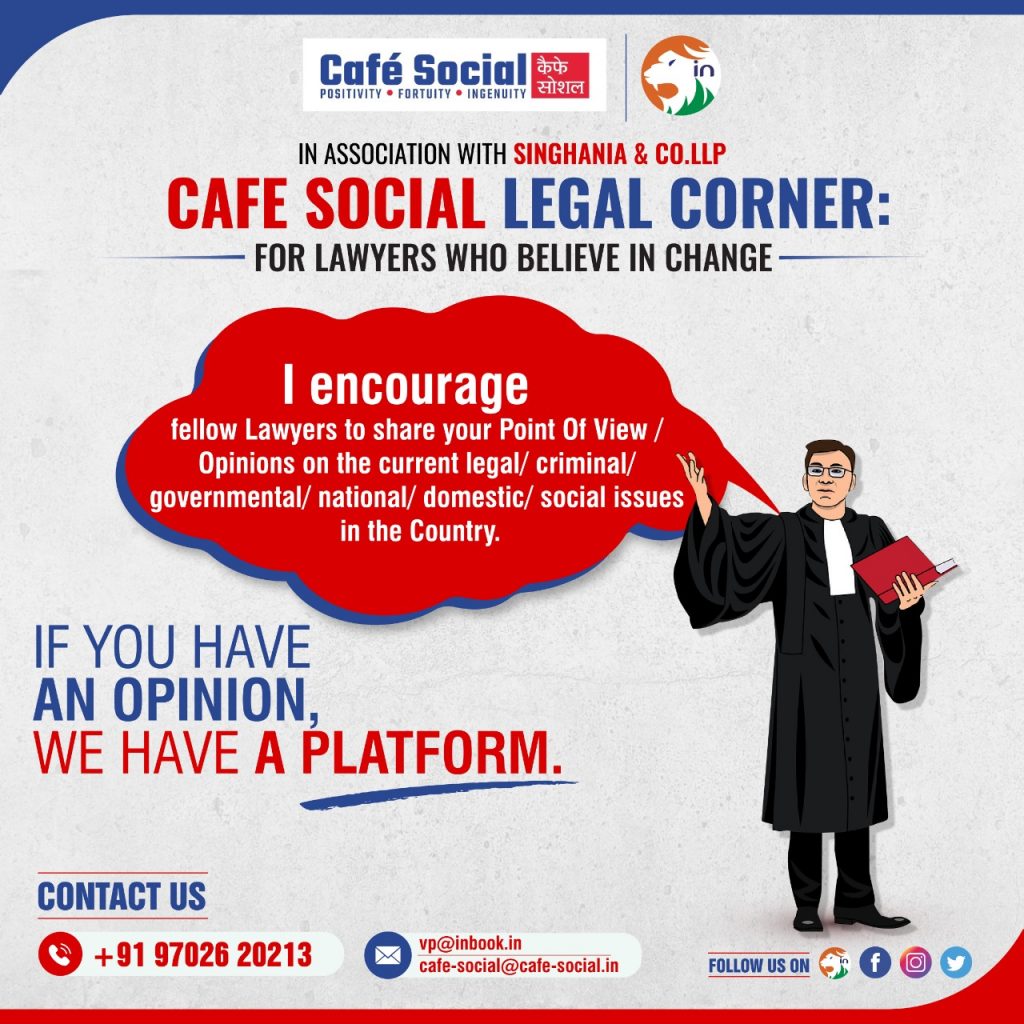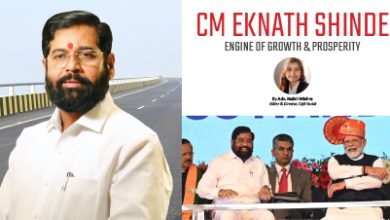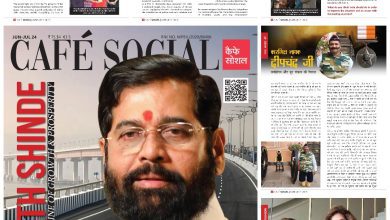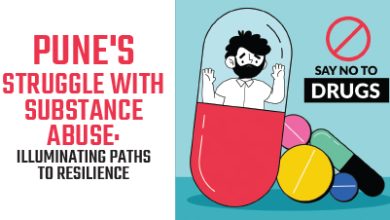Architect of the Indian Merger Review Format
In the early days of the plantation of the competition law on Indian legal firmament, Mr. Kaushal Kumar Sharma got the chance to head almost every division of the Competition Commission of India (‘CCI’/‘Commission’). Therefore, the credit for not only drafting this new law but also making it fully functional goes to him.

Though the Competition Act, 2002 (‘the Act’) was enacted on January 13, 2003, after having got the presidential assent, but in view of the new unforeseen legal challenges, the law could not come into practice till as late as May 20, 2009 when, for the first time, a part of the enforcement provisions of the competition law came into force.
Inter alia, these legal challenges also resulted in insertion of a totally new chapter viz. chapter VIIIA in the Act. This chapter VIIIA, inserted between chapter VIII and IX of the erstwhile Act, ensured that the Appeal to Hon’ble Supreme Court from the orders of the Commission, had to pass through a newly created Appellate Body called the Competition Appellate Tribunal (‘COMPAT’) for adjudicating upon the orders passed by the Commission.
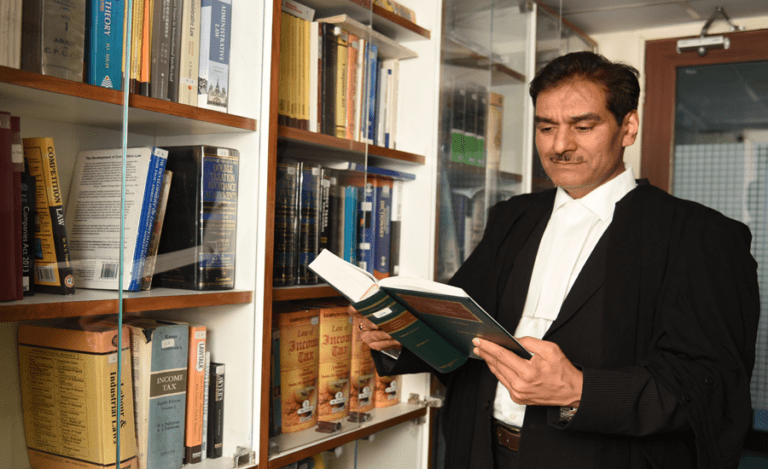
This period of 6 years between the first enactment and the commencement of partial enforcement of the law saw the preparatory work for making the Commission and its staff ready to deal with the responsibility of investigation as well as the adjudication.
As luck would have it, none of the old senior members, responsible for the entire preparatory work, continued after the enforcement powers given to the Commission in 2009 except Mr. Sharma. The new officers and staff who joined after May 2009 did not have any exposure or experience of historical legislative journey which Mr. Sharma had witnessed.
Therefore, representing continuity and continuing to be with the Commission ,as it evolved in to a powerful body, was only one person and that was Mr. Sharma. He first served as an Adviser (Law), involved in drafting of law and regulations, then as the very first Director General (DG) of functional CCI supervising and heading the very first path breaking investigations into the cartel conduct by different persons, including the very first cartel of film producers and distributors, better known as FICCI Multiplex case, later as Head of Antitrust Division facilitating the drafting of the orders imposing penalties on DLF and National Stock Exchange, as the very first two penal orders by the newly constituted antitrust body, and still more subsequently as the first Head of the Merger Control fine tuning the merger regulations to suit Indian realities and drafting the Internal Reference Manual for Combinations (‘IRMC’) for assessing Merger Review. Thus Mr. Sharma had a unique career journey compared to that of none else in the country in so far as the establishment of competition law is concerned.
With this career journey, Mr. Sharma becomes the only person in India to have been a witness to the evolution of the entire competition law journey in the country from a newly formed statutory body to a functioning formidable competition watchdog.
With this journey behind him and his joining as a Senior Partner in Singhania and Co. LLP, after having established KK Sharma Law Offices prior to that, has been interesting and even fascinating to watch from a distance.
In this issue, we interact with him for his take on various issues:
Q.1 Having seen the early introduction of competition law in India, in its entirety, brings a totally unique perspective. How would you see this journey highlighting some high points?
Ans. It indeed was a blessing of God that a single person got successive opportunities to head important divisions of CCI and thus shaping the competition law architecture in the country. Being an Adviser (Law), looking into the drafting of law and regulations, was an extremely fascinating experience. Subsequently, when the Government informed that the power of partial enforcement of competition law, relating the provisions of anti-competitive conduct and abuse of dominant position, were going to be exercised by the Commission, it was a great honour to have been told to create a competition law investigation framework for the country as the first Director General of the functional Competition Commission of India and, then, put the very first competition law investigations through it.
It was indeed a challenge to proceed with the Act only as guide and draft the formats and notices etc. to be sent under the new found authority of the competition law. With the fear lurking in mind that the recipients may find the notices slightly unfamiliar, having never seen earlier any such thing or heard of any such authority, it was a big relief to know that all went well. It is a sheer delight to know that the formats survive till this date and have not seen any major changes.
As a matter of fact the preparation of questionnaires, formats, templates and the drafting of the first DG Report was the biggest challenge ever. To facilitate the investigation process, a basic Competition Law Investigation Manual was also developed for use within the Investigation Division of the Commission. We had to begin from nothing. We looked towards EU and USA for support. Both FTC and DOJ in USA were not forthcoming – taking shelter under confidentiality. We could not get a format or template or any report to start with. Similarly from EU, all efforts drew a blank though our request were duly acknowledged but, citing difficulties, no templates and formats were shared with us. Beginning from the fundamentals, we tried to incorporate all the factors relevant for competition law investigation and made a template of our own and the report came out well.
Surprisingly, a week before the report could formally be submitted, I did receive a format from EU and was surprised beyond measure. Our format, started from the fundamentals, was certainly a much superior one than the format of EU. We stuck with our format and it survives till date and is serving a good purpose.


Q. 2 You joined Singhania and Co. LLP recently as a senior partner, what is your take on it?
It is simply a case of natural progression. In any case, I have been arguing many briefs of the Firm from more than last 6 years and, at a particular level of comfort, it was considered appropriate to have a much closer relationship and that is how this engagement happened. This is more particularly important as it leads to mutual enriching of experience.
No doubt, joining a bigger platform has its own magic. It gives you a large number of colleagues with whom you can discuss, share, brain storm and arrive at better legal solutions. Thus, it widens your horizons.
Remaining part of the Q&A to be continued in our upcoming edition https://www.linkedin.com/in/kaushal-kumar-sharma-41a17220/
